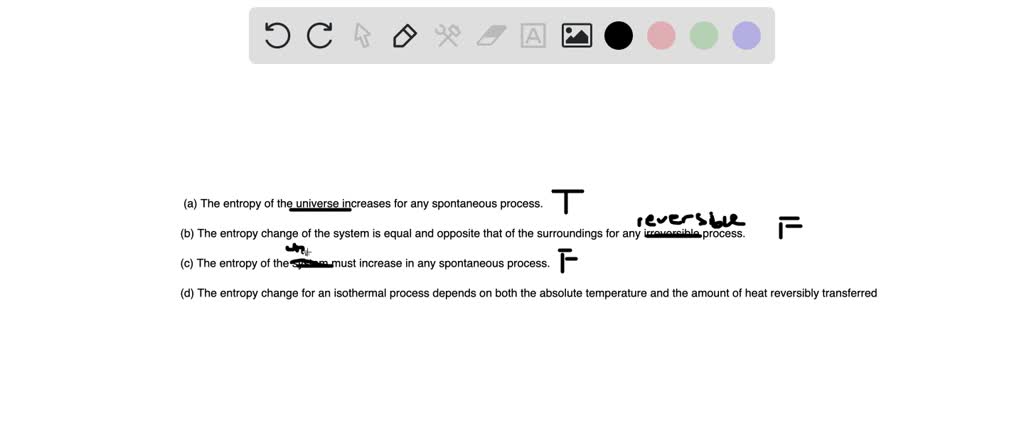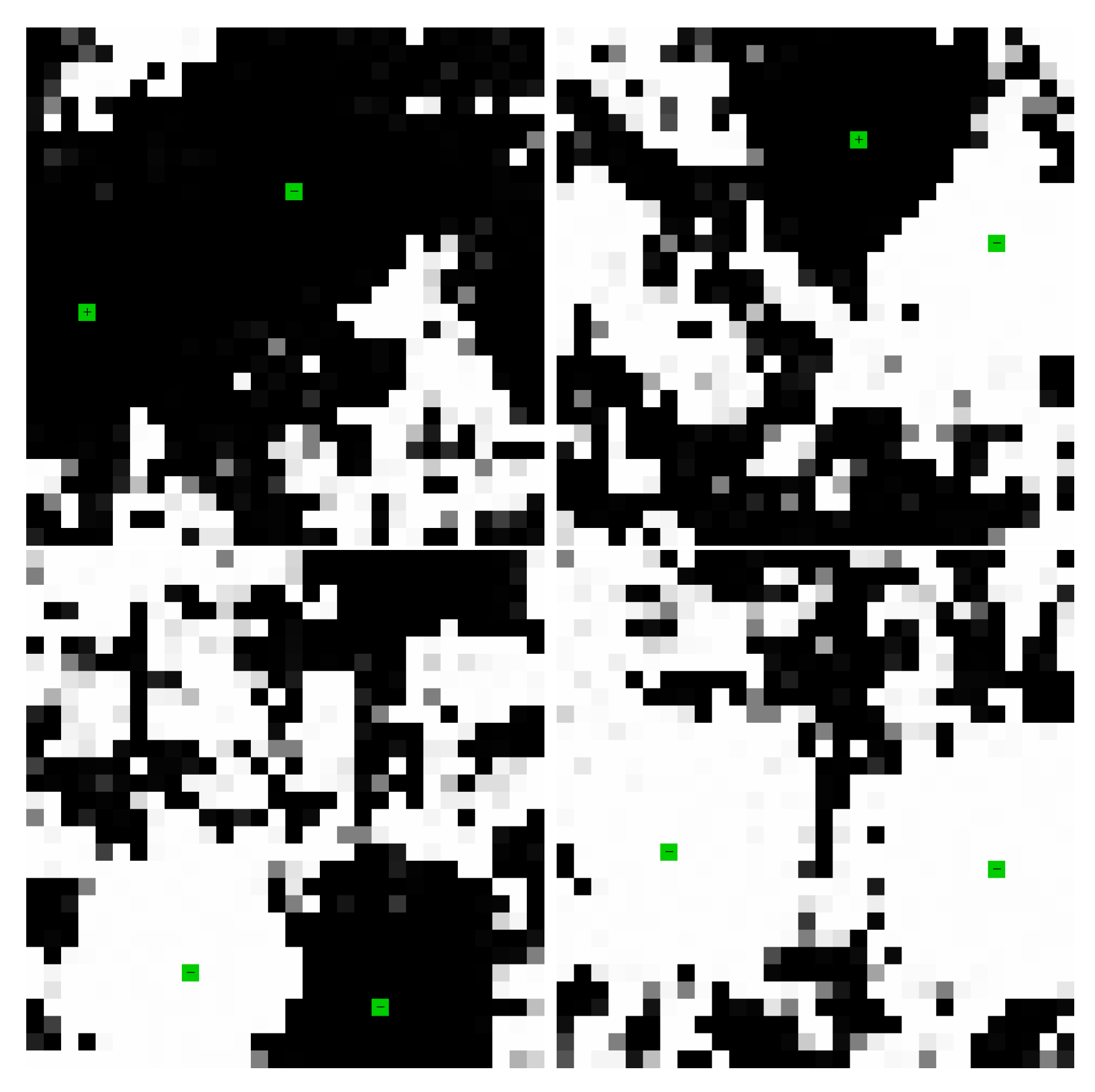

They say that within their new quantum H-theorem model, there were certain circumstances in which entropy might actually decrease - temporarily, at least. "It establishes a connection between well-documented quantum physics processes and the theoretical quantum channels that make up quantum information theory." "This allowed us to formulate the quantum H-theorem as it related to things that could be physically observed," one of the team, Ivan Sadovskyy, explains in a press release. They did this by taking quantum information theory, which is based on a bunch of abstract mathematical systems, and applied it to condensed matter physics, to come up with a new quantum H-theorem model. To get a more realistic idea of how individual molecules would behave according to the H-theorem, the Argonne Lab team decided to approach it on a quantum scale. In its most simple form, the H-theorem describes how if you open a door between two rooms - one hot and one cold - they will eventually settle into a lukewarm equilibrium.īut, as Avery Thompson explains for Popular Mechanics,because it's virtually impossible to map how every single molecule moves in this scenario (and far more complex ones), physicists treat them as groups, rather than individuals. They investigated a statistical concept that underpins the Second Law, called the H-theorem. Researchers at the US Department of Energy's Argonne National Laboratory say they might have discovered a loophole in the Second Law of Thermodynamics, where the march of entropy can go in the opposite direction - on a microscopic scale, at least, and only in the short term. "It gives us an arrow for time, and tells us that our Universe has a inescapably bleak, desolate fate."īut what if that wasn’t the case in every single scenario? What if you could create a system in which entropy actually decreases - the egg unscrambles itself, so to speak? It tells us all we do is inherently wasteful and that there are irreversible processes in the Universe," says Jha. "This law is about inefficiency, degeneration, and decay. Of particular interest to us right now is the Second Law of Thermodynamics, which deals with the transition of energy within a system from 'usable' to 'unusable'.Īs usable energy within a closed or isolated system decreases, and unusable energy increases, entropy also increases.Įntropy is a measure of the randomness or disorder within a closed or isolated system, and the Second Law of Thermodynamics states that as usable energy is lost, chaos increases - and that progression towards disorder can never be reversed.Īs Alok Jha explains for The Guardian, the Second Law of Thermodynamics is probably even more profound than the First Law of Thermodynamics - which states that energy cannot be created or destroyed - because it describes the limits of what our Universe can do.


Within those two branches, we have the four laws of thermodynamics, which describe how heat (or thermal energy) is converted to and from different types of energy, and the effect that this can have on various forms of matter.īasically, if you want to know how energy moves within a system - from an atom to a black hole - these are the laws you’ll need. Thanks to modern physics, almost everything in the Universe can be explained according to two theories: general relativity for the big stuff like stars, galaxies, and the Universe itself and quantum mechanics, for behaviours on the atomic scale.

But now physicists say they’ve found a loophole in one of these laws, and it could create scenarios in which entropy - or disorder - actually decreases with time.


 0 kommentar(er)
0 kommentar(er)
